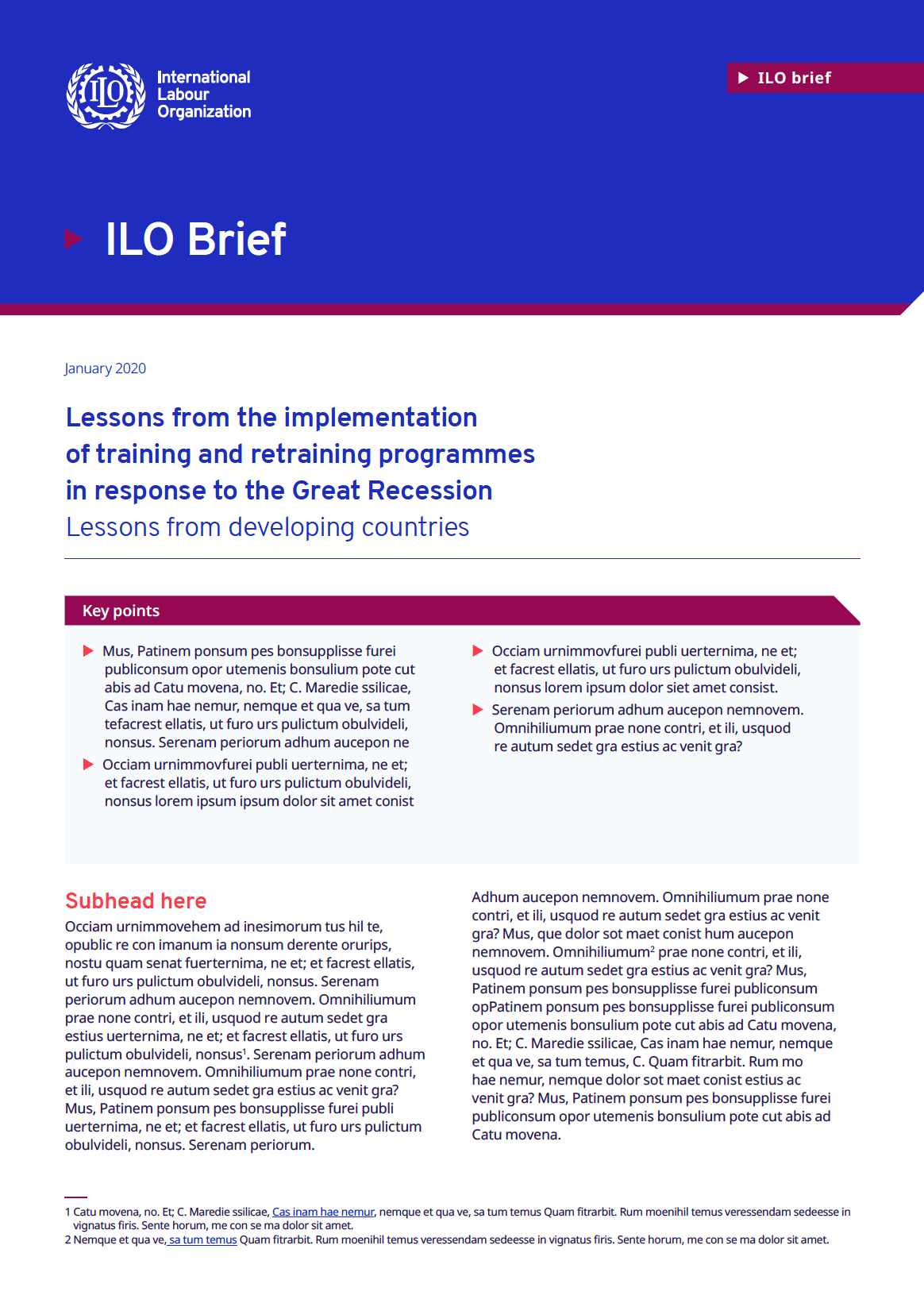Austria
This study examines the way in which institutional arrangements for the delivery of IVET have changed in response to shifts in skills demand.
Although these arrangements vary across countries, it is possible to identify common trends over time, such as institutional hybridisation, the blurring of boundaries between IVET and general education. Despite this development, IVET has been able to retain a distinct identity, which is attractive to learners and has the support of key labour market actors. This reflects IVET’s adaptability and resilience in the face of change.
Building on a Europe-wide survey of VET providers and in-depth national case studies, the study delivers a timely update of, and insight into, the continually changing IVET landscape. Results show increasing similarities in how countries configure their IVET systems. This is evident in the broadening of IVET curricula, the prominence given to the work-based learning pathway, as well as the growing importance attached to local and regional autonomy.
A number of the National Operators of ECDL in Europe have carried out digital literacy studies to find out what the actual digital skills levels in their countries are. Austria, Denmark, Finland, Germany and Switzerland are all considered to be digitally advanced countries – they appear at the top of various international digital development indexes (for example, the Digital Economy and Society Index developed by the European Commission). However, surveys conducted in these countries revealed that gaps exist between self-perceived and actual levels of digital skills. Even young people, who are falsely assumed to be ‘digital natives’, usually under-perform in practical tests. This paper provides an overview of the main findings of the five studies and discusses their implications for digital skills development on the national and European levels.

